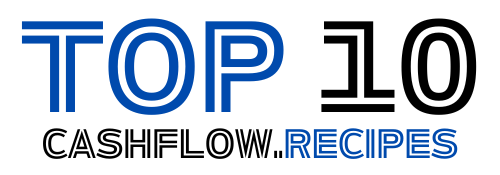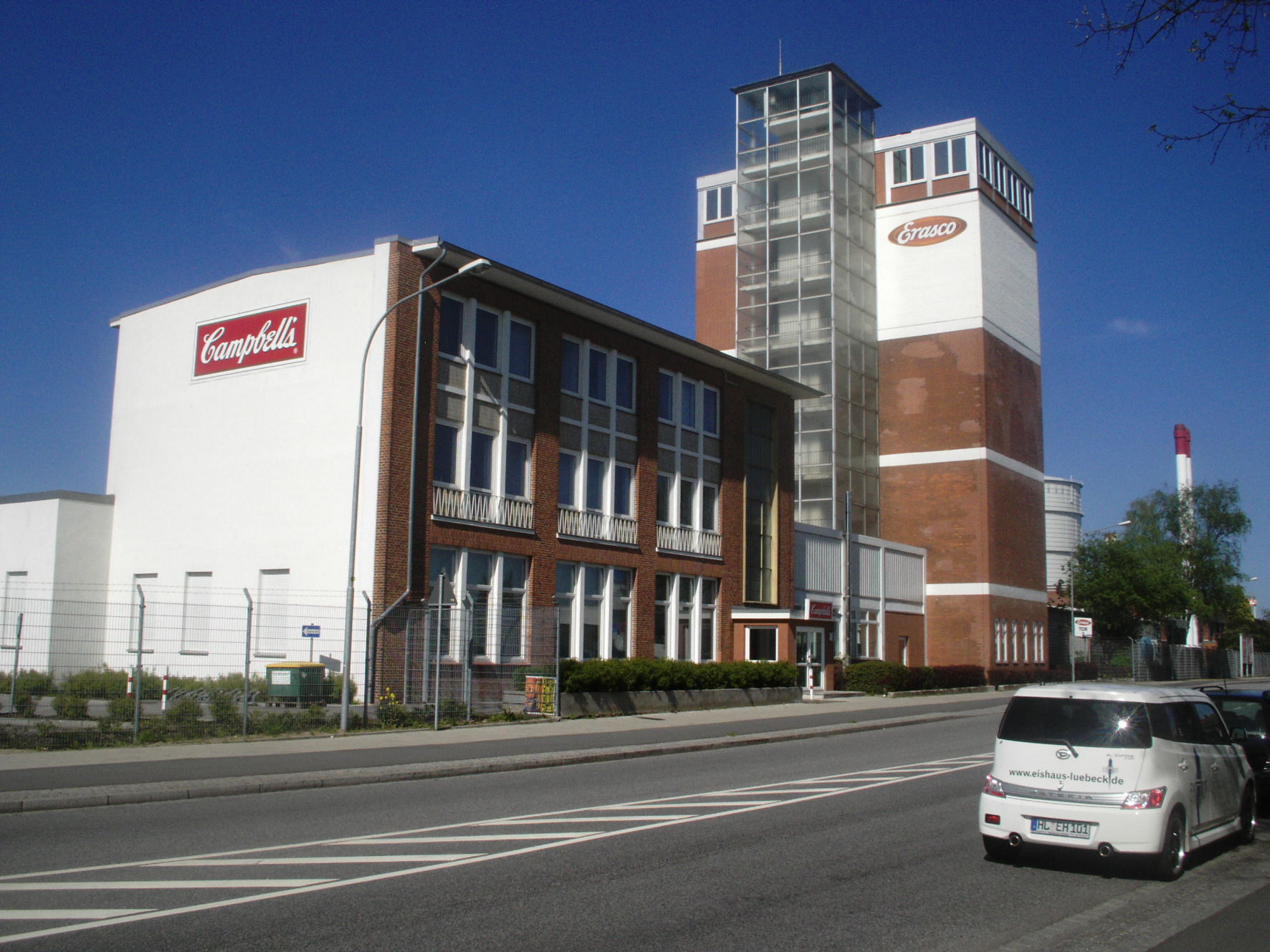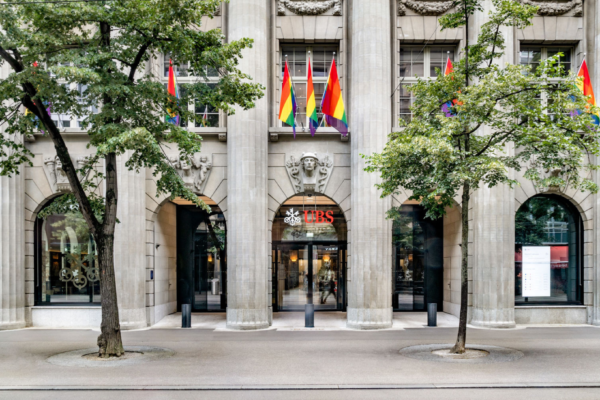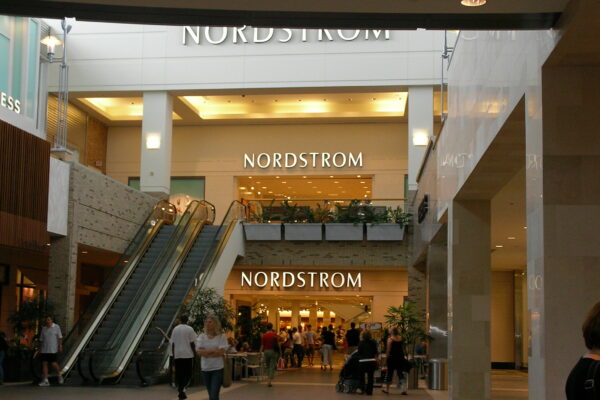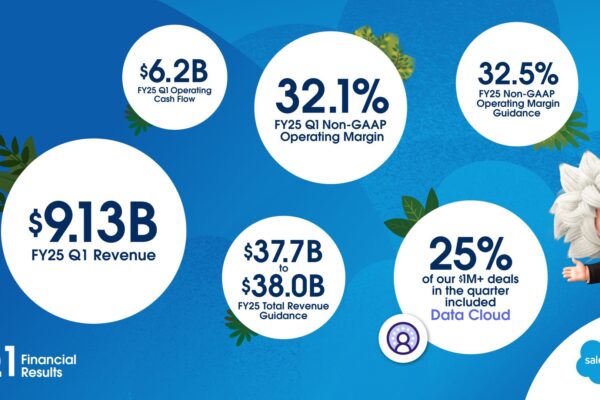Campbell Soup CEO Points to Rising Car Insurance as a Culprit
They might have vexed you at the chip aisle, but this snackpack slump is a real blow to Campbell Soup, a brand often used as an economic bellwether of a generation. This once-trusty brand is suffering from inflation as consumers tighten their belts across the whole store.
Its snacks division, home to some of the country’s biggest brands including Snyder’s pretzels, Cape Cod potato chips, and Goldfish crackers, saw the company’s fourth straight quarter of declining sales volumes. With similar signs of life being leached from its rivals, the days of the snack industry seem numbered.
But that changed. Snack foods, which Americans had treated as recession-proof treats all through the pandemic, were suddenly looking wobbly. Campbell Soup’s chief executive, Mark Clouse, blames ‘sticky’ inflation for the swoon, but he points to the broader pressures on the American shopper, from interest rates and rent to increases in prices for auto insurance coverage. ‘Something is happening with the financial situation of consumers,’ he told fellow CEOs at a recent Goldman Sachs conference. ‘You can’t ignore that when people are going over what in their basket looks like discretionary, even essential snacks that people are winding back.’
Campbell Soup isn’t the only company facing this challenge. PepsiCo, whose snack division is the biggest in the world, and Conagra Brands, which controls another star snack portfolio, have both reported volume declines, with analysts saying that salty snacks could have been one of the last categories affected by inflation. That said, they are optimistic that more promotional activity and targeted shelf placement in the summer, traditionally the biggest snacking season, will benefit sales.
Campbell’s Financial Snapshot: A Mixed Bag
Out of the snacks business, the company reported that Campbell Soup’s net sales were up 6% year over year. The company missed the mark on gross profit and gross profit margins, which prompted it to revise its outlook for the full year, with organic sales growth now projected to be flat or slightly down. Adjusted EPS guidance was also trimmed slightly but remains positive, up by 10% year over year.
Wall Street’s Take: A Cautious Optimism
Analysts remained divided on Campbell Soup’s report, with some such as Stifel’s Matthew Smith viewing the company’s EPS guidance as ‘far from great’ but saying at least some support for the stock could be seen in management’s revised sales guidance; and Jefferies’ Rob Dickerson said the core business less positions it for success, commenting that: ‘We continue to watch from the sideline.’
Election Jitters and the Broader Economic Landscape
While consumer spending is yet to be directly impacted by inflation, many other storm clouds are ready to marshal up for the looming US presidential election, according to Jim Farley, Ford’s CEO. He fears the ‘election season will nudge everything from snack purchases to a new car’.
To conclude, Campbell Soup’s problems show that inflation is a dominant factor in how people shop for staple products; even the chips aisle is no longer a haven. The world is changing rapidly and, thus, it will be interesting to see how companies like Campbell Soup will cope in the upcoming difficult times ahead.
